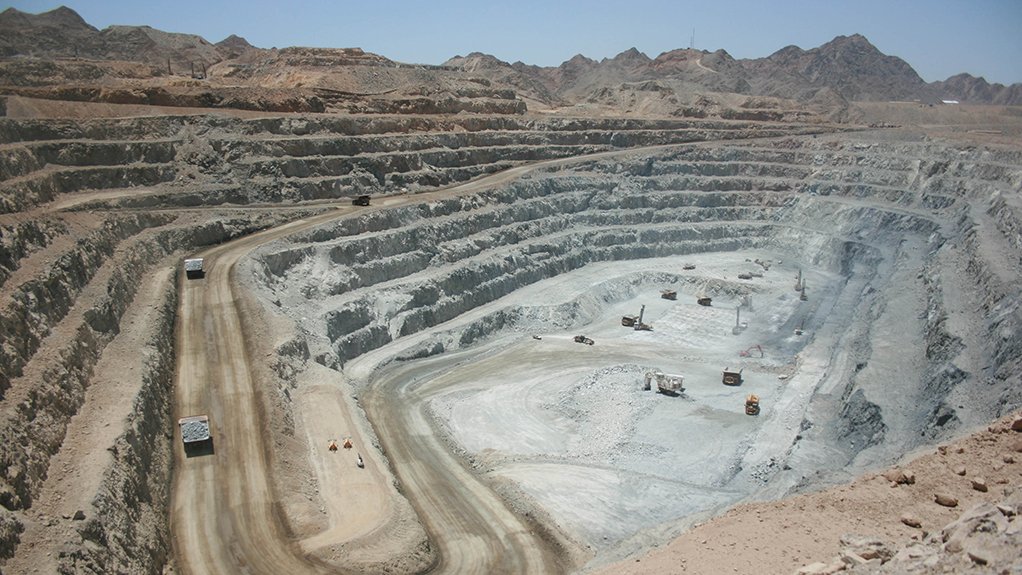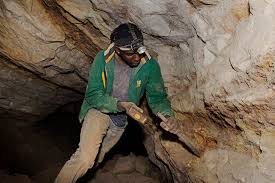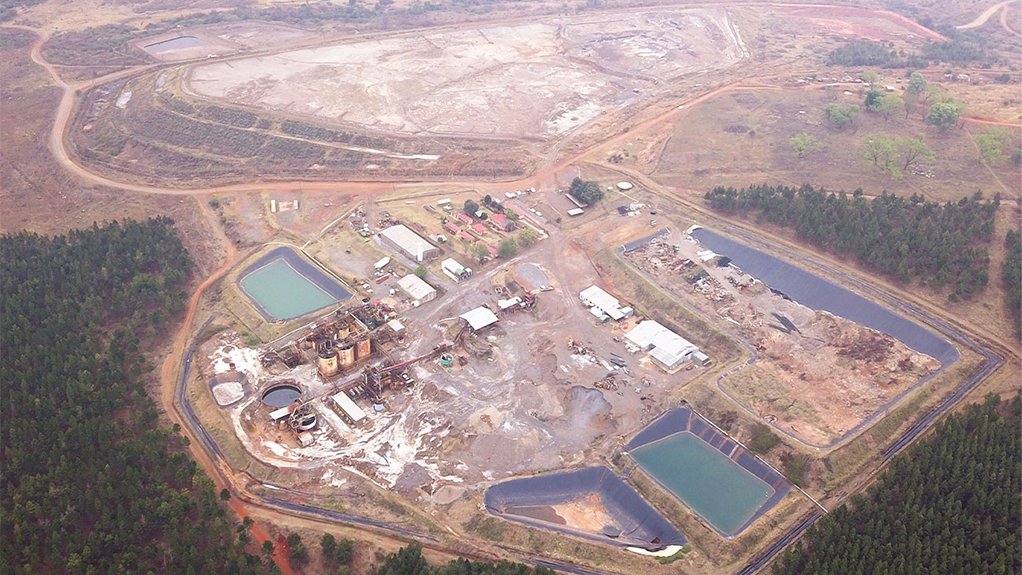Precious Metals

Diamond-Rich Africa Risks Disputes Over Push to Own 24 of Mining Companies

Botswana, the world's second-largest diamond producer, will require companies to sell a 24% stake to locals under a revised law awaiting presidential approval, part of a broader African push for greater mining control that lawyers expect to trigger legal disputes and compliance issues.
Botswana's parliament passed amendments to its mining law in July, a month before the country announced the discovery of a 2,492-carat rough stone, the second-largest diamond ever found.
The 24% ownership amendment is substantially higher than the optional 15% government interest in mining projects prescribed under the current law. Should the revised law be given presidential approval, companies hoping to join Anglo American, MMG, and other global mining giants in Botswana will need to meet the new requirements before being issued a mining license.
In that event, investors will need ministerial approval and go through an assessment before they can export any mineral abroad, Eddie Babuseng, partner at Gaborone-based boutique firm Babuseng & Maswabi, told Law.com International.
Disputes 'Inevitable'
While Botswana's legal changes may benefit locals and the government, they may also deter short-term investors because of the capital required, Babuseng added.
The changes are likely to create more work for law firms in the areas of deal structuring, due diligence for potential investors, and disputes.
"There will be a lot of deal making in terms of potentially having to find suitable (local) buyers for the percentage under the requirement," said Edward James, a Pinsent Masons partner who has advised on South Africa's local content regulation. "And as you split ownership, as soon as more than one person or one company owns a mine or an asset, invariably, you'll get disputes."
Lawyers can also expect mandates coming from sovereign funds and state-owned companies required to divest their revenue and dividends from mining into other businesses, according to Templars' Lagos partner Dayo Okusami.
The firm has advised the Ghana Minerals Income Investment Fund (MIIF) on its acquisition of a stake in LSE-listed Atlantic Lithium and on an related $30 million deal involving one of Africa's largest salt miners.
Corruption and Litigation Risks
Like Botswana, several mineral-rich countries including South Africa, Angola, Ghana and Tanzania have developed local content laws for resource control, equal access, and environmental safety.
As more countries continue to demand stricter local content requirements, Edward James warned about corruption and litigation risks, citing his experience in South Africa.
The South African local content law, popularly known as the Black Economic Empowerment (BEE) Act, stipulates up to 30% ownership requirement for different groups of citizens. While the law is beneficial to historically disadvantaged people and communities, James said it comes with the risk of corruption, especially if politicians manipulate the situation for their own benefit, hoping to influence who gets the equity shares.
Local content rules complicate company ownership structures, allowing some companies to arrange deals to their advantage. For example, James mentioned that he has handled shareholder disputes involving multinationals, often triggered by management fee arrangements. These disputes are usually resolved outside of court, he noted.
Shareholder disputes
Patrick Leyden, a partner at Herbert Smith Freehills in Johannesburg, said further shareholder disputes may arise considering how the required equity is financed. Some of the acquiring parties may lack the initial capital to purchase the shares. In such cases, the companies provide loans to the employee or community trust to finance the share acquisition, with the loans repaid using dividends.
Leyden explained that this can become problematic if it takes a long time to pay off the loans.
Employment restrictions
Lawyers in Angola and Tanzania say they are not seeing shareholder disputes arising from local content laws but acknowledge the impact of employment restrictions tied to these regulations.
In Angola, foreign companies are required to hire at least 70% of their workforce locally, in addition to the mandatory 10% state participation in the mining sector, according to Renata Valenti, a partner at the Portuguese law firm PLMJ in Angola.
"These regulations limit foreign investors' access to many sectors in Angola, whether in oil, gas, or mining," she said, highlighting the challenge of convincing investors that the country remains a viable investment option.
In Tanzania, Michael Strain, managing partner at Bowmans, who is involved in a $250 million gold mine takeover, said the restrictions add another layer of compliance to the regulatory environment. However, he noted that some investors are still willing to take the risk.












